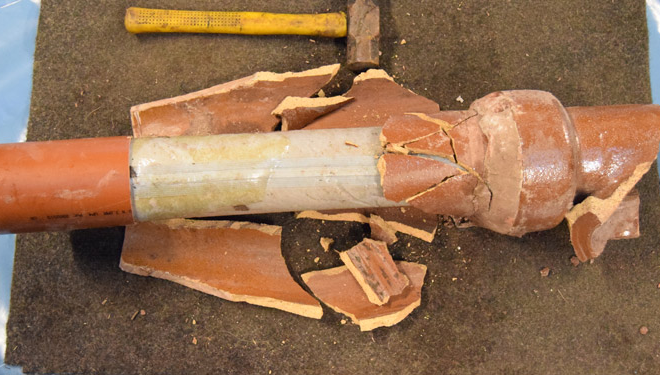
Conveyancing searches: what are they?
When you buy a property, your conveyancer – a specialist with expertise in the house buying and selling process – will conduct searches. These are frequently referred to in the process, but what exactly are they? Our guide will tell you everything you need to know.
What are conveyancing searches?
Conveyancing searches are conducted by your conveyancing specialist to find out more about the property you are planning to buy. Also known as property searches, conveyancing searches are carried out to find detailed and critical information about the property in question. A variety of searches will be conducted with the local authority and other key parties. There are various potential searches, but the main ones are:
– Water and property
– Local authority
– Environmental.
What are they for?
When you commission conveyancing in Hemel Hempstead through a conveyancing specialist such as Sam Conveyancing you do so to ensure you have all the correct information you need to make a confident purchase decision. This includes having the right legal information about the property’s status, its condition and any risks. These searches provide information about the property that is essential to buyers and may affect the property in the future, such as planning permission, access rights, drainage and onward sales.
When are property searches carried out?
These searches should be carried out and concluded before the buyer and seller exchange contracts. This is because the buyer is legally obliged to buy the property after exchanging contracts and late search results might find there are structural or planning issues, such as subsidence or development nearby, that could result in later costs or diminish the value of the property.
How long does the process take?
The turnaround time for a search can be anything from a couple of days to several weeks. This is because searches are managed differently in each of the UK’s 340 local authorities and each has a different turnaround time. Where online methods are available, this tends to be quicker than via the postal service. Many local authorities have relatively small land charge departments, so busy periods of house selling and buying can mean longer delays.
What does the local authority do?
The local authority (LA) will give you detailed information about the property you are interested in and the area around it. This provides peace of mind with regard to key areas such as drainage, road access, mining, subsidence, water and drainage, planning permission, and building plans.
There are two parts to this search: the LLC1 and the CON29. The first tells you what is on the local land charge register, such as whether the property is in a conservation area, is a listed building, has a tree preservation order, has a planning enforcement notice, or is in a smoke control area. The latter includes information such as proposals for new traffic or road schemes, planning permissions, and building regulations.
What about other searches?
Buyers usually also commission water and drainage searches, environmental searches, mining searches, land charges, chancel repair liability, and potentially disadvantage area relief.
How should buyers respond to search information?
Conveyancers provide supporting information and guidance about what the results of different surveys mean, especially when the results come back with unexpected information. This information helps the buyers to make a decision about whether they want to proceed with the purchase. As ever, the use of a suitably qualified conveyancer with a strong reputation in the field is a huge asset when it comes to buying a property and navigating the complex processes involved to make a sound and informed decision.




